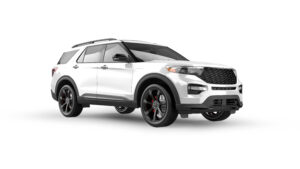Why you can trust Rate Retriever
Our rates are based on public rate filings obtained by analytics company First Interpreter. While we may partner with some of the carriers you see on our site, we maintain editorial independence and it does not affect the rates you see. Read more about our rating methodology or see our rigorous editorial policy.

































